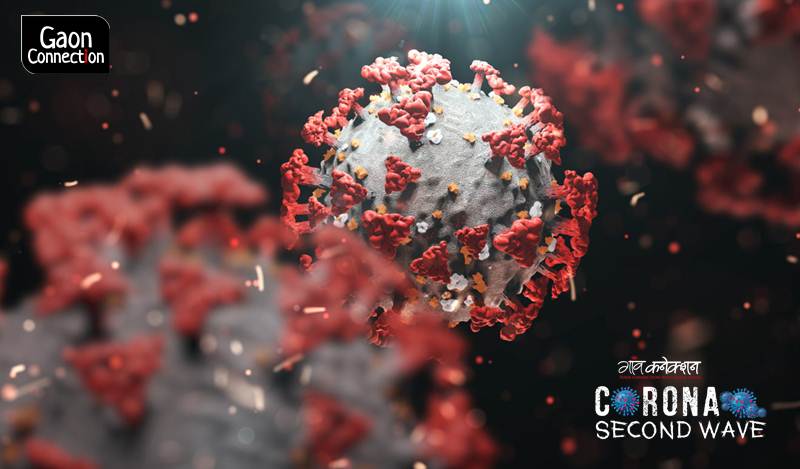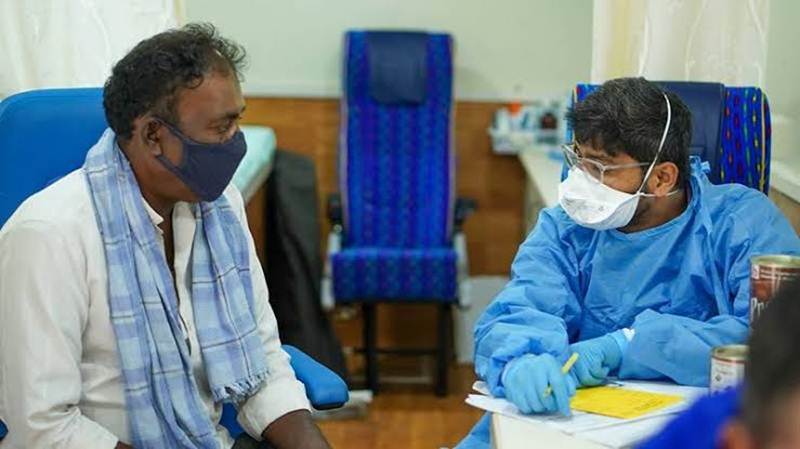Delta plus variant found in COVID19 samples taken from Kerala, Maharashtra, Madhya Pradesh: Health Ministry
A research group working on the genome sequencing of the COVID19 virus has found the 'delta plus' strain in samples from three states. Kerala, Maharashtra and Madhya Pradesh have been advised to strengthen surveillance. More details here.


The Delta plus variant [B.1.617.2.1/ (AY.1)] is characterised by a mutation called K417N in the spike protein of the virus. The spike protein helps the virus to gain receptor-mediated entry into human body cells.
While releasing the findings of a government-appointed research group on the mutations of the COVID19 virus, the Union Health Ministry stated today that the ‘delta plus’ variant has been found from samples collected from Kerala, Maharashtra, and Madhya Pradesh.
“In India, this variant has been observed sporadically in Maharashtra, Kerala & Madhya Pradesh, with around 40 cases identified so far and no significant increase in prevalence,” the statement informed.
“These States have been advised for strengthening surveillance and appropriate public health measures,” it added.
The findings are released by the Indian SARS-CoV-2 Consortium on Genomics or Indian SARS-CoV-2 Genetics Consortium (INSACOG), is an Indian consortium of 28 laboratories, established by the Ministry of Health & Family Welfare to carry out Genome sequencing of the virus causing the COVID19 pandemic.

“As of June 18, 205 sequences of AY.1 lineage was detected worldwide, with USA and UK having over half the known cases,” it mentioned.
Also Read: What are the symptoms of COVID19 infection by the highly infectious delta variant
The Delta plus variant [B.1.617.2.1/ (AY.1)] is characterised by a mutation called K417N in the spike protein of the virus. The spike protein helps the virus to gain receptor-mediated entry into human body cells.
In K417N mutations, there is a change of amino acid lysine (K) to asparagine (N) at the 417th position of spike protein.

“There are other Delta plus variants with other mutations. AY.1 is the most well-known, but these are not identical. A second Glade found in sequences uploaded to GISAID from the USA, is now designated AY.2, but is not seen in India yet,” the statement informed.

